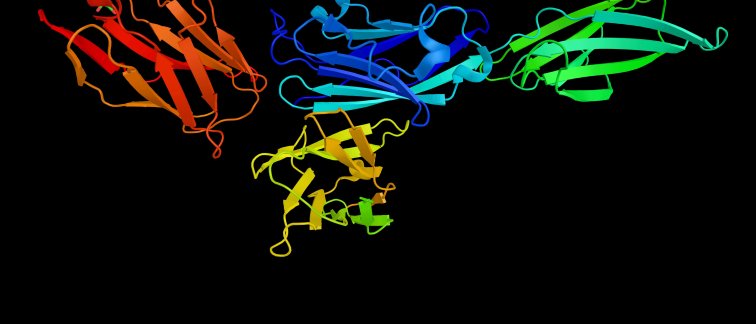From the ‘PERFECT’ clinical study, initiated by Amsterdam UMC researchers Hanneke van Laarhoven and Tom van den Ende, results of combining immunotherapy with chemoradiotherapy prior to surgery of resectable esophageal adenocarcinoma were reported. They employed the immunotherapy drug atezolizumab which inhibits programmed-death ligand-1 (PD-L1), a protein highly expressed on certain tumors which inhibits activation of immune cells that typically attack cancer. In patients who showed a response to treatment, there was an improvement in long-term survival compared to patients who received neoadjuvant chemoradiotherapy only. The team did not observe an increase in toxicity or complications. Further investigation between responders and non-responders pointed to differences in the tumor microenvironment as being critical for predicting therapy response. For example, patients with an inflamed tumor microenvironment (a high IFNy expression score) was associated with responsiveness to the immunotherapy. The researchers highlight that comprehensive characterization of the tumor immune microenvironment is essential to identify patients who may benefit from this treatment.
For more information see the publication 'Neoadjuvant chemoradiotherapy combined with atezolizumab for resectable esophageal adenocarcinoma: A single arm phase II feasibility trial (PERFECT)' in Clinical Cancer Research

